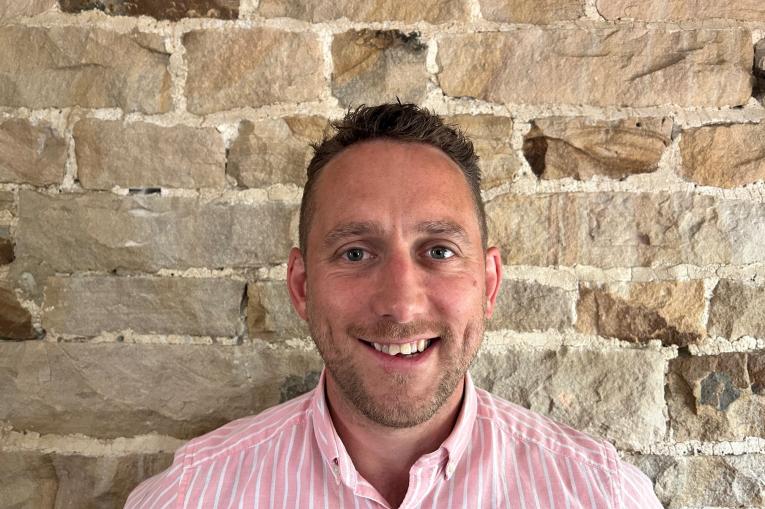8 May 2024

After returning from Afghanistan and leaving the British Army in 2018, I began to struggle. I ended up homeless and self-medicating with alcohol, cocaine and benzodiazepines – it was a grim time in my life.
But in the six years since, alongside many fellow veterans, I’ve been able to use my lived experience to help influence and improve veterans’ access to drug and alcohol services across the country.
What we’re facing
My story is not unique. 15,000 people transition out of the UK Armed Forces (UKAF) each year. For many, this is a routine change – but for others, life can become overwhelming.
It’s often a hard road through the trauma and rigours of military service to the unfamiliarity of the civilian world. Along the way, many are battling PTSD, facing the stigma associated with seeking help and confronting co-occurring mental health conditions through potentially daunting healthcare settings. A stark new survey of more than 4,900 veterans detailed in The Guardian found that 55% of England’s army veterans have experienced mental or physical health issues since returning to civilian life. And 10% of UKAF personnel meet the criteria for alcohol misuse. Amongst the general population, that figure is 3%.
Sadly, research also shows that veterans are less likely than non-veterans to seek support for substance use. This is compounded by the fact that they’re more likely to face multiple disadvantages and have poorer treatment outcomes. Veterans affected by PTSD often self-medicate using illicit substances and alcohol – and they’re likely to have greater support needs when they decide to seek help. The path to recovery for veterans is uniquely complex.
What’s positive is that this is acknowledged in the Government’s 10-Year Drugs Strategy. There’s a national drive to increase the numbers of people in treatment in community drug and alcohol services. Focusing on groups currently underrepresented in treatment is key – and we know UKAF veterans fit this category.
What we’re doing
As the largest provider of drug and alcohol treatment services, we can – and should – be instrumental in empowering veterans to get the support they need. Our size and reach enable us to deliver timely, tailored support nationwide to veterans self-medicating with alcohol and other substances.
In 2021, we signed the Armed Forces Covenant and pledged to provide specific support for veterans. Since then:
- We’ve co-developed accredited ‘Working with HM Forces Veterans’ training with veterans who’ve used our services. It helps staff and volunteers who want to be veteran champions to signpost and develop referral pathways to specialist support. This is markedly improving our responsiveness to veterans’ support needs: we’ve trained 452 people across England so far.
- We’ve developed two-way referral pathways with NHS Op Courage (mental health) services, working closely with our key partner Ellen Martin, NHS England’s Head of Armed Forces Transformation. These pathways offer a route for veterans to access our services quickly. We’re currently piloting them with 17 Change Grow Live services and their commissioning teams.
- We’ve established an organisational Veteran Support Working Group. This national forum links Change Grow Live veteran champions with the expertise of other interested partners and agencies such as the NHS, promoting knowledge sharing and best practice.
As a result of these actions, we’ve seen an 87% increase in veterans engaging in treatment. The total numbers of veterans using our services increased from 550 to 1,029 between June 2022 and 2023: a sign of sustainable progress.
What we’re planning
Next, we want to learn more about the experience of veterans who use treatment services. This is why, in partnership with Liverpool John Moore's university and other veteran providers, we’re evaluating treatment outcomes for veterans vs. non-veterans. This project, due to complete later this year, will help us better understand and evidence what support is most effective for those who’ve left the UKAF.
Compassionate, common-sense support for veterans can be life changing. And while we’ve made good progress over the past few years, I’m excited to see where we’ll go next.
I know there are many people and organisations out there that will be interested in this area. We're keen to hear from you – don’t hesitate to contact the veteran support working group.
Chris Barnes
National Service User Lead
